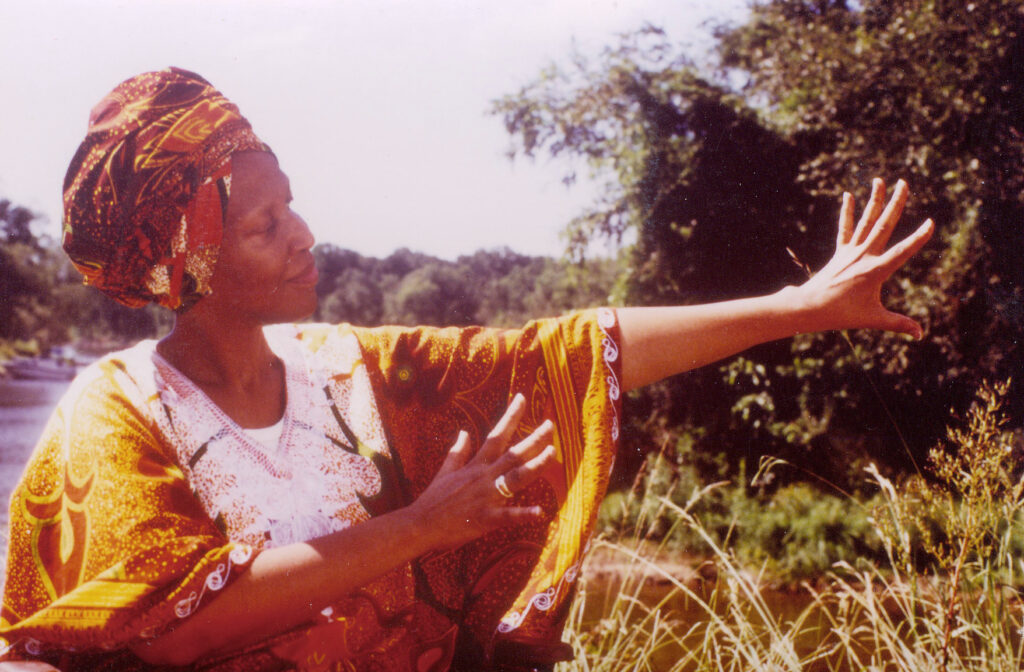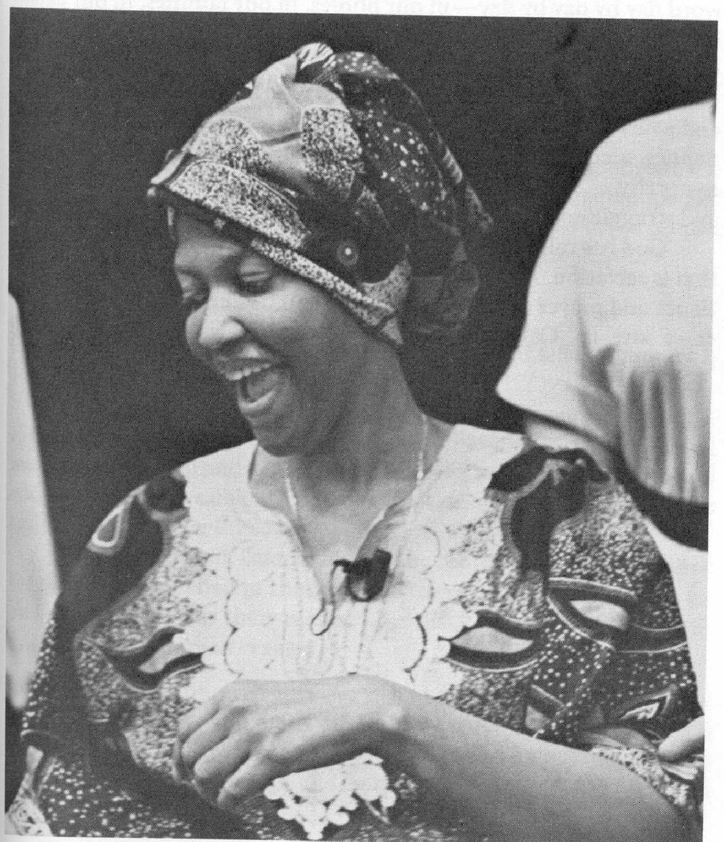By Sister Cora Marie Billings
As a great-granddaughter of a slave owned by Jesuit priests and as a Black Sister of Mercy who desegregated my religious order, I am forever grateful to my friend Sister Thea Bowman.

I stand where I am today because of Sister Thea, FSPA, who may soon be known as “Saint Thea.” Her brave and loving resistance to racism in the church and society is well known. What you may not know is that she also inspired African American religious women like me to keep struggling for justice and proclaiming our joy in being beautiful Black Children of God. She did this for me by being my friend and confidant. Sister Thea was so special to me, and it is humbling and an honor to share my memories of her during Black History Month.
We met in 1968 at the first National Black Sisters’ Conference (NBSC), which we cofounded along with some other Catholic sisters.
Just two years apart in age – Sister Thea was older than me and thus my elder in our African tradition – we had many things in common. Our grandparents or great-grandparents had been enslaved. We were the only children of parents who adored us and we grew up in the poor parts of our communities – Sister Thea in Canton, Mississippi, and I in a neighborhood that used to be called “the bottom” of Philadelphia. We were both the first Black women to enter all-white religious communities – Sister Thea entered the Franciscan Sisters of Perpetual Adoration in 1953 and I joined the Sisters of Mercy in 1956. Sister Thea and I both loved music, preaching and teaching. She was a gifted singer and although my song is in my heart rather than my throat, I find great power in our African spirituals and Gospel music. Sister Thea and I were drawn to each other.
When we saw each other every summer at the NBSC gatherings, we would embrace and talk about all kinds of things, especially how to “bring our whole selves” to our vocations, our ministries and the challenges we faced. Sister Thea constantly said, “I bring my whole self to everything I do; I bring my authentic self,” and her words and example moved me to do the same.

She was always laughing, always joyful. That impressed me deeply. Sometimes people would reprimand her for being so happy, but her joy came from the depths of who she was and her spirituality. She could break out in song even when she was sick with cancer, as she did during her 1989 address to the U.S. Catholic Bishops Conference, just months before her death. The song wasn’t about her, it was about what God was doing for her and what God inspired her to do for others.
When Sister Thea passed away from her cancer on March 30, 1990, I felt like she was with me in a profound way. I felt so much love and gratitude for her. It was a Friday when she died, and I had been invited to preach that weekend at the Masses at James Madison University, in Harrisonburg, Virginia. As I reflected on the Gospel reading for the second Sunday of Lent about Jesus and the raising of his friend Lazarus, I felt moved by the Spirit as never before. I didn’t write down my Gospel reflections – I never do – but I know it was among the most inspiring preaching that I’ve ever done about Jesus’ love for Lazarus and for each one of us.
Sister Thea would often say: “Let me live until I die.” Those words have stayed in my heart. Even though she went home to God nearly 33 years ago, I still feel very close to her. I still hear her song in my soul.
Editor’s note: Click here to see Sister Cora Marie’s talk about Sister Thea at Saint Joseph’s University in Philadelphia, on November 1, 2023. She was asked to give her presentation to commemorate the building of the university’s new Sister Thea Bowman Residence Hall, which will open in 2025.